Bengaluru: A stone inscription which is believed to be from the 13th century Hoysala empire, was found at Yelachenahalli, South Bengaluru. It was found when locals were clearing a plot for construction purpose.
Epigraphists and history buffs thronged the spot to decipher the Kannada text but their efforts went in vain due to lockdown. They will return once the restrictions are lifted. A piece of ancestral land in Kanakanagar owned by a local politician was being cleared and workers stumbled on an old piece of stone over 3 ft tall and nearly 2.5 ft wide with Purva Halegannada institutions which no one could decipher. This happened two weeks back.
Rajeev Nrupathunga, founder of Revival Heritage Hub said, “We heard about it and I rushed to the spot.”
He found that the inscription was from the Hoysala period. He said, “The purva Kannada alphabets were from the Hoysala period and certain words, namely the Gandaberunda indicated it. The slab started with the Linga Akara symbol telling us it was erected to honour the contribution of locals for the welfare of possibly a Shiva temple here.”
O Harihara Sudan, an epigraphy student said, “Details of the grantor information of local chieftain or others are not clear as only a portion of the stone has been found. An excavation could possibly lead us to other portions which can shed light on the village and its residents who lived there over 800 years ago.”
The Revival Heritage Hub team, in August 2018, found a rare stone inscription of the Vijayanagara period in Kumaraswamy layout which is less than a kilometre from the Yelachenahalli site. The tablet was 600 years old and it had Elajeeyaraha Halli (the present Yelachenahalli) inscribed on it.
Historians are planning to excavate the site after alerting the state archaeology department as the inscription was a rare find.
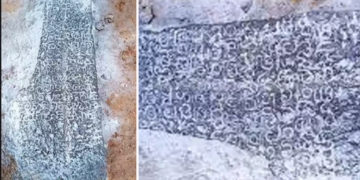





















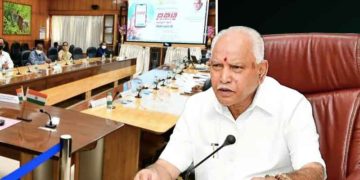

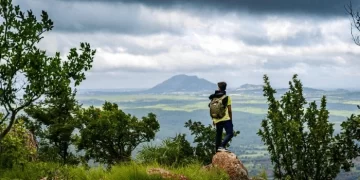







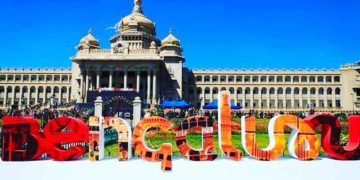
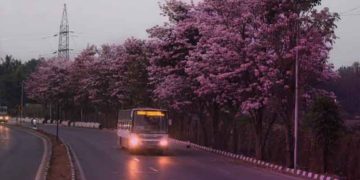
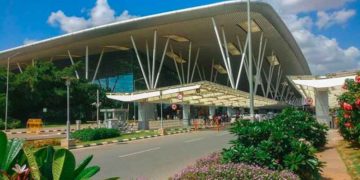














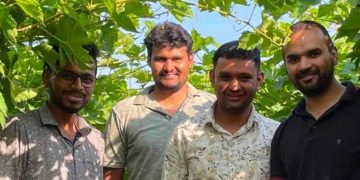





















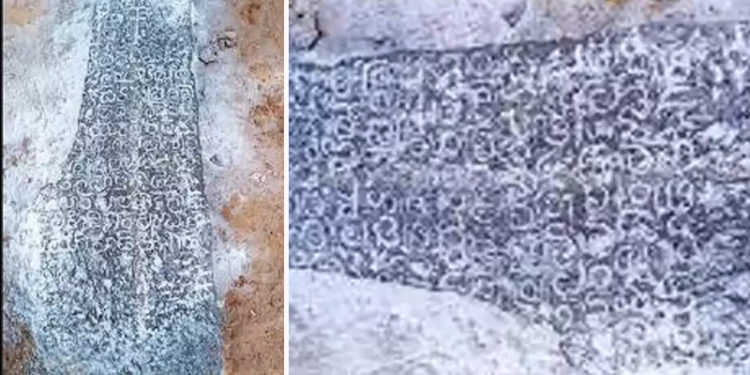

Discussion about this post